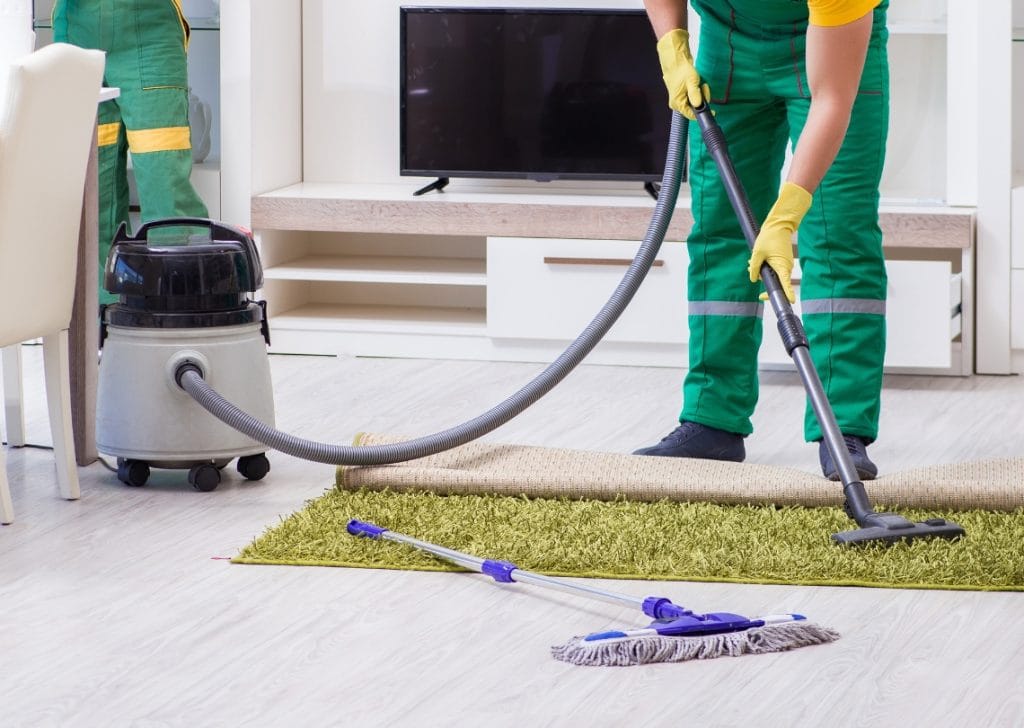It may be in the campus, it may be in the post graduate struggle, or it may be as simple as trying to fight the insane rental fees in the KL region, but co-living has become a lifestyle of many young Malaysians. It is low-cost, convenient, and usually enjoyable, until somebody again leaves the three-days-old dishes in the sink. Sharing spaces in theory is functional. As it happens in practice, they constitute a slow stew of passive aggressive notes, lack of consistency in cleaning schedules, and suppressed anger. This is the reason why more of the younger Malaysians are venturing into house cleaning services not only to be clean but also to remain in peace.
The Silent Chore War: What Gets Cleaned BY Whom?
The vast majority of shared flats begin with the noblest ideas: I volunteer to clean the house, says one, and a hand drawn chore schedule appears on the fridge. Week one? Every one is a saint. Week three? One person will say that they are busy, then another person will say he forgot and then the only person who really cares about things being clean is the one who is doing 70 percent of the work.
Becoming a roommate in KL can be a rather stressful process since, unlike at home, none of us is used to doing chores in cottage of a communal character: we either had parents or helpers to perform them or even both. And when five individuals each with five thoroughly differing barometers of cleanliness live together, the chore scheme is apt to buckle under the unassimilable burden of expectations.
How Roommate Friendships Are being Rescued by House Cleaning Services
It is not about becoming the cleaning police or mutely hating one another; most clean flats in Klang Valley are opting a cleverer tack: they are outsourcing. Booking the house cleaners once in two weeks or every month is an increasingly popular solution not due to the laziness, but because of the necessity.
The most interesting factor about this change is that it is occurring amongst younger working adults or students, individuals who grew up believing that only the wealthy could afford hired cleaners. However, as other professionals continue normalizing the purchase of mental health, gym memberships, or productivity products, cleaning support is also viewed in much the same way: as sanity-saving.
The vetted cleaners via flexible packages are now available in sites that serve urban dwellers with a 3-4-roommate apartment. Some even provide the split payment options so that no one is left with the bill. The need has not only increased in deep cleaning, but in a subsequent light clean-up, adjusted to high-traffic communal areas such as kitchens and bathrooms, which are hotspots of roommate conflicts.
When Cleanliness is Such A Breaking Point
Consider an example of two digital nomads, Jin and Amir, who live in a condominium that is located near Publika. This move of sharing the costs soon turned into a cold war on who can clean the toilet. Jin does not remember fighting over bills or noises. It was either whose hair was in the drain or why was the stove greasy.
After some time, they started hiring a cleaner twice a week. According to Amir, it turned everything around. We are no longer pointing the finger to each other but concentrated with our real lives.
It is not just anecdotal. A 2023 report compiled by Southeast Asian co-living trends revealed that 1 out of every 3 of these shared renters considers a cleaning dispute as a significant source of conflict. In major cities of Malaysia, the report revealed an increase in the demand of part-time cleaners in shared apartments by 24 percent with high among the tenants aged between 22 and 35 years.
It is not Only about a Clean Floor
To many Malaysians it actually felt like a failure when they had to employ cleaners in the past-like failure to be independent/not a hard worker. The fact is that shared living is not only about being clean. It deals with the different lifestyles without the unending feud.
Cleaning should be outsourced, but that should not be about resigning responsibility: it is about admitting that equal effort is not always equal. One individual can be in a 70-hour workweek; the other could be a student on a semester break. Having assistance makes everything neutral and expectations clear.
Even better? A habitual cleaning protocol will be effective in developing good habits. Everybody is a little more encouraged to clean up and prepare upon knowing that someone is coming every second Tuesday, which prevents causing the mess to reach DEFCON levels.
Conclusion
The life of roommates in KL does not have to be a nightmare based on the passive-aggressive factor. A little bit of smart planning, open communication, as well as the strategic use of house cleaning services should make sharing living conditions feel more like a team activity, rather than a gradual plunging into chaos.
And so the next time when another person forgets that it is his/her turn with the broom, maybe it is not laziness. Perhaps it is time to dial the solution of the third party with a mop-and save your amicable relationships.

